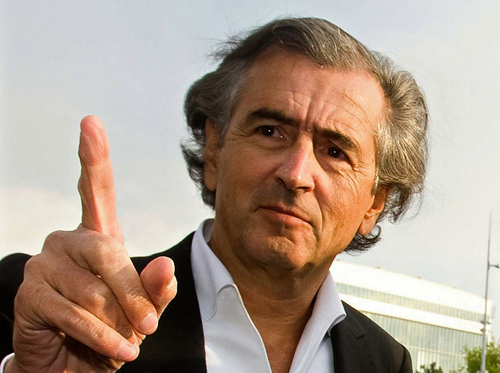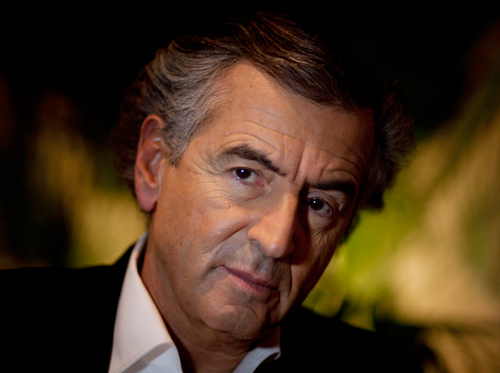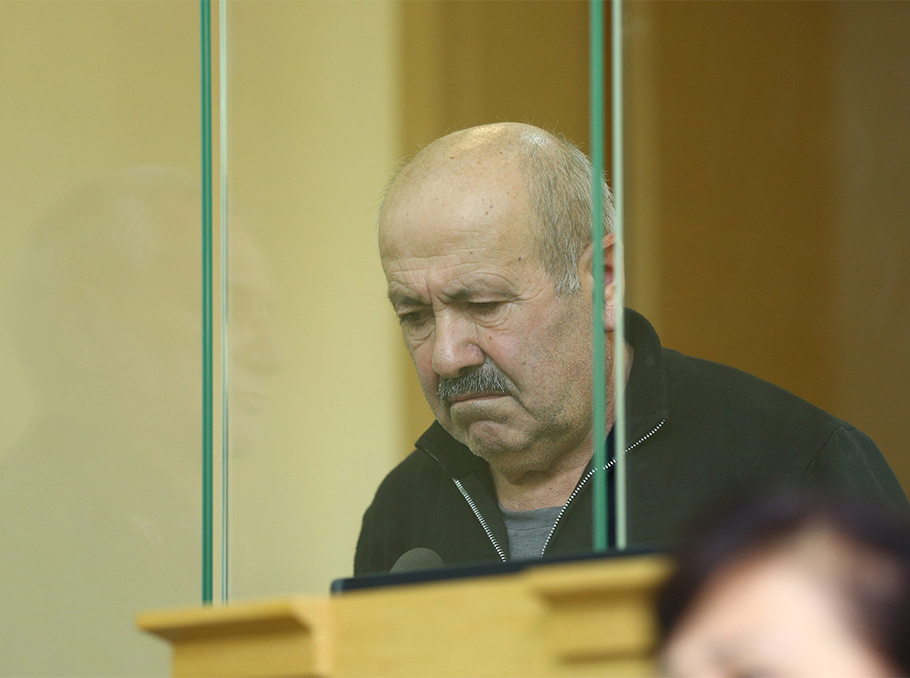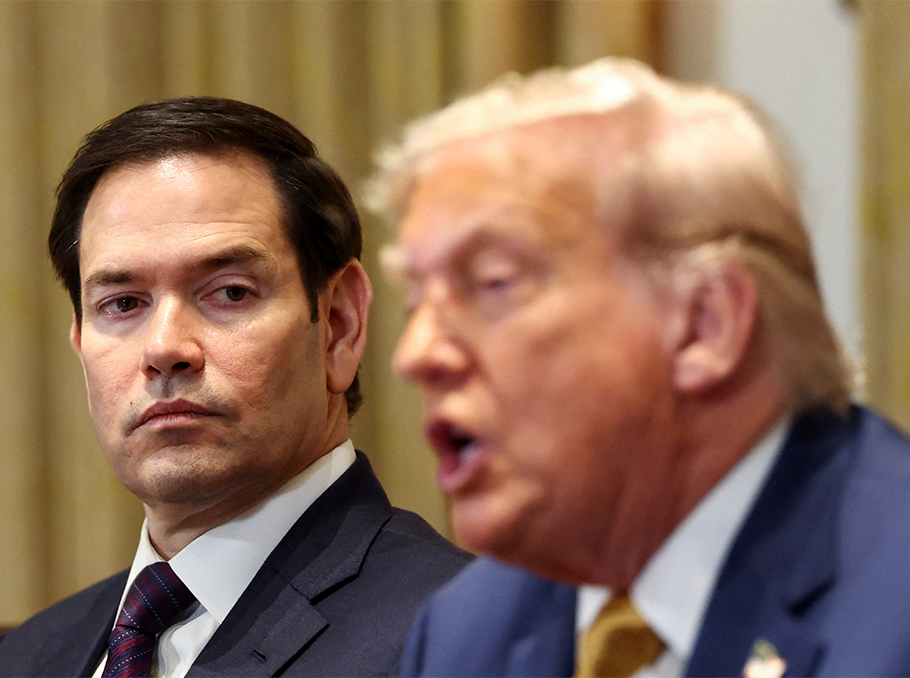Yerevan/Mediamax/. Famous French philosopher, writer and public intellectual Bernard-Henri Lévy backed the draft law on criminalization of Armenian Genocide denial which the French Senate will discuss in late January.
In December 2011, the French National Assembly adopted the draft law which may come into force after the upper chamber of the parliament approves it.
Bernard-Henri Lévy wrote an article “On the Armenian Genocide: The Response of a Handful of Historians” which was published in an American news website Huffingtonpost.com, Mediamax reports.
He stressed that the law does not propose “to write history in the place of historians”.
“The law whose purpose is to penalize negationist revisionism, voted before Christmas by the French parliament, does not propose to write history in the place of historians. And this for the simple reason that this history has been told and written, well written, for a long time. This we have always known: that, beginning in 1915, the Armenians were the victims of a methodic attempt at annihilation. A wealth of literature has been devoted to the subject, based in particular upon the confessions offered by the Turkish criminals themselves, starting with Hoca Ilyas Sami, almost immediately after the fact.
From Yehuda Bauer to Raul Hilberg, from researchers at Yad Vashem to Yves Ternon and others, no serious historian casts doubt upon this reality or denies it. In other words, this law has nothing to do with the will to establish a truth of state. No representative of the French National Assembly who voted for it saw himself as a substitute for historians or their work. Together, they only intended to recall this simple right, that of each of us not to be publicly attacked -- and its corollary, the right to demand reparations for this particularly outrageous offense which is the insult to the memory of the dead. It is a question of law, not one of history.
And finally, I would add that it's time to stop mixing everything up and drowning the Armenian tragedy in the ritualized blahblahblah assailing the "memorial laws". For this law is not a memorial law. It is not one of those dangerous power plays capable of laying the path for dozens if not hundreds of absurd or blackguardly rules, codifying what one has the right to say about the Saint Bartholomew's Day massacre, the meaning of colonization, slavery, the Civil War, the misdemeanor of blasphemy and heaven knows what else. It is a law concerning a genocide -- which is not the same. It is a law sanctioning those who, in denying it, intensify and perpetuate the genocidal act -- which is something else entirely. There are not, thank God, hundreds of genocides, or even dozens. There are three. Four, if we add the Cambodians to the Armenians, the Jews, and the Rwandans. And to place these three or four genocides on the same level as all the rest, to make their penalization the antechamber of a political correctness that authorizes a stream of useless or perverse laws on the disputed aspects of our national memory, to say, "Watch it! You're opening a Pandora's box from which everything and anything can pop out !" is another imbecility, exacerbated by another infamy and sealed with a dishonesty that is, really, grotesque.
Let us confront this specious line of argument with the wisdom of national representation. And may the senators complete the process by refusing to be intimidated by this little band of historians,” Bernard-Henri Lévy wrote in Huffingtonpost.com.
Mediamax reports that Bernard-Henri Lévy is one of the most influential intellectuals and public figures in France. In March 2011, he took part in negotiations with Lebanese rebels and publicly defended the international recognition of the National Transitional Council of Libya. Together with Nicolas Sarkozy, Bernard-Henri Lévy backed the international community’s military intervention in Libya.
During the 2008 war in South Ossetia, Bernard-Henri Lévy made reports from Georgia and took an interview from President Mikhail Saakashvili.






















Comments
Dear visitors, You can place your opinion on the material using your Facebook account. Please, be polite and follow our simple rules: you are not allowed to make off - topic comments, place advertisements, use abusive and filthy language. The editorial staff reserves the right to moderate and delete comments in case of breach of the rules.